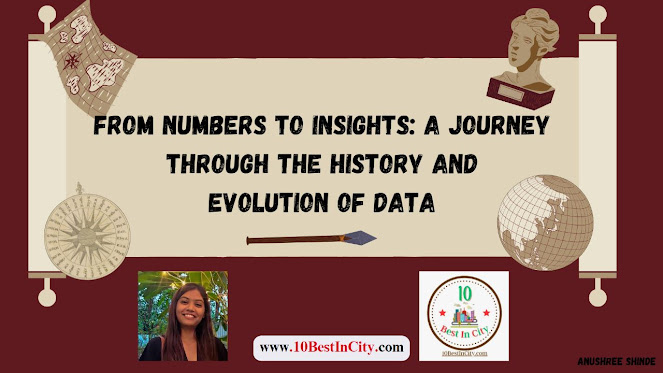10 Best Machine Learning Courses
Here is a list of some popular Machine Learning courses:
"Machine Learning" by Andrew Ng on Coursera
"Deep Learning Specialization" by Andrew Ng on Coursera
"Applied Data Science with Python Specialization" by University of Michigan on Coursera
"Practical Deep Learning for Coders" by fast.ai
"Convolutional Neural Networks for Visual Recognition" (CS231n) by Stanford University
"Natural Language Processing with Deep Learning" (CS224n) by Stanford University
"Advanced Machine Learning Specialization" by National Research University Higher School of Economics on Coursera
"Deep Learning Specialization" by deeplearning.ai on Coursera
"Machine Learning for Trading" by Georgia Institute of Technology on Udacity
"Machine Learning" by Georgia Institute of Technology on Udacity
These courses cover a range of topics in Machine Learning, including foundational concepts, deep learning, natural language processing, computer vision, and applied data science. Remember to check the prerequisites and course syllabus to find the one that aligns best with your interests and skill level.
Here are ten highly regarded Machine Learning courses that can help you build a strong foundation in the field:
"Machine Learning" by Andrew Ng on Coursera: This is a popular introductory course that covers the basics of Machine Learning and is highly recommended for beginners.
"Deep Learning Specialization" by Andrew Ng on Coursera: This specialization consists of five courses that delve deeper into deep learning and its applications, including neural networks, convolutional networks, recurrent networks, and more.
"CS229: Machine Learning" by Stanford University: This is a graduate-level course that covers a wide range of Machine Learning topics and algorithms. Lecture notes and video recordings are available online for free.
"Applied Data Science with Python" by the University of Michigan on Coursera: This specialization introduces the basics of data science and covers various Machine Learning techniques using the Python programming language.
"Machine Learning A-Z™: Hands-On Python & R In Data Science" on Udemy: This comprehensive course covers both the theoretical concepts and practical applications of Machine Learning using Python and R.
"Practical Deep Learning for Coders" by fast.ai: This practical course is designed to teach deep learning concepts using a hands-on approach. It covers topics such as convolutional neural networks (CNNs), recurrent neural networks (RNNs), and more.
"Convolutional Neural Networks for Visual Recognition" by Stanford University: This course focuses specifically on computer vision and deep learning techniques used in image classification, object detection, and image understanding.
"Pattern Recognition and Machine Learning" by Christopher Bishop: This book serves as an excellent reference for understanding the principles and algorithms behind Machine Learning and pattern recognition.
"Reinforcement Learning" by David Silver on YouTube: This series of video lectures provides a comprehensive introduction to reinforcement learning, including Markov decision processes, dynamic programming, and Q-learning.
"Natural Language Processing with Deep Learning" by Stanford University: This course explores the application of deep learning techniques to natural language processing tasks such as sentiment analysis, text generation, and machine translation.
These courses cover a wide range of Machine Learning topics and can help you gain a solid understanding of the field. Remember to explore and choose the ones that align with your specific interests and goals.
1. Machine Learning Basics
2. Machine Learning Introduction for Everyone
3. IBM Machine Learning Professional Certificate
4. Machine Learning for All
5. Introduction to Machine Learning on AWS
6. Machine Learning with Python
7. Preparing for Google Cloud Certification: Machine Learning Engineer Professional Certificate
8. Machine Learning Specialization
9. Mathematics for Machine Learning and Data Science Specialization
10. Machine Learning Engineering for Production (MLOps) Specialization
Please Rush We have very Limited Free Seats only.
visit
https://www.alfabloggers.com/2023/04/expand-your-client-and-customer-base.html





.jpeg)

.jpg)
